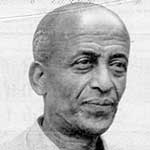
Verbatim | Sep 14,2019
Nov 23 , 2019.
The ruling party has reached a crossroads. It has come to a turning point where it closes a chapter and opens a new one with more questions raised than answers that can be given. At least in the immediate timetable.
The Executive Committee of the EPRDF passed a decision last week to "merge" the Front into one unified party. That effectively brings the curtain down on EPRDF as it has come to be known. The Council has also approved the decision, where those representing the TPLF were absent.
Consequential in many ways, the decision meets with vehement objections from its senior partner, the TPLF, which has been a driving force since its first formation behind ragged mountains in the hinterlands of Tigray Regional State. For a country which is used to having a dominant vanguard party and a leftist tradition of vilifying differences, this is causing a lot of apprehension and discomfort. It should not be surprising.
It was in the tradition of the EPRDF that when differences of opinion within the party’s top leadership gets to a polarising stage - when it becomes impossible to work together - one side labels a splinter group as a faction. Those deemed heretics face an entire party machine unleashed in the campaign to isolate, exclude and destroy them.
Revolutionary history from Soviet Russia to Ethiopia has shown that there have been no long-term winners from such purges. Those who may seem to come out on top initially were weakened by the loss of experienced leadership and the divided loyalties of rank and file members. The often bitter wars between factions demoralize even the remaining members and create a culture of fear and conformity. This qualitative decline sooner or later ushers in an era of decline.
The EPRDFites have seen all this throughout their 30-year history. The series of purges the Front had seen through its different phases led to a self-confessed decline in its leaders` conviction for what they stood for. Eventually, they lost clarity of purpose and unity of action. A reform process launched with the intent of renewing the party caused irreparable cleavages between leaders of the various constituent parties in the ruling coalition.
They have now reached a breaking point, where the three have morphed into a new formation under the recently branded Prosperity Party (PP). The dissident party, the TPLF, is most likely to spearhead a new initiative to build another coalition that it hopes will mobilise "federalist forces" for an electoral front.
Eyeing the next national elections as a legal and peaceful battleground, it is likely that two major forces may emerge on the political landscape. The "pan-Ethiopian" nationalist forces coalesced around the Prosperity Party, and facing off "ethnocultural" nationalist forces grouped around what could be a "Federalist Party."
Nonetheless, it can also be a high-risk political bet should it be mishandled by the many parties involved in the process. The possibility for this to be squandered and drive the country to the abyss is equally frightening.
But viewed another way, this could be a rare opportunity to mark a departure from the old politics where one is either a friend or an enemy. It could be welcomed and even celebrated as differences based on convictions that bring to life the comatose political culture, as long as all involved commit themselves to political contestations of ideas with peaceful, legal and institutional means as the only constructive and viable path.
Differences in political stances need to be celebrated and even encouraged through the mushrooming of political and civic organizations. Political parties born out of such principled convictions would be new breeds in the country’s politics. If differences are based on ideas and beliefs, and there is a commitment to democratic principles and peaceful struggle, there is nothing to fear but fear itself.
That requires putting total trust in the wisdom of the ultimate deciders, the voting public. If whatever coalitions coming out of this political development were to focus their energy into selling their ideas to citizens through rigorous campaigning and gracefully accept the will of the people as expressed at the ballot box, this seemingly frightening development could actually be turned into the beginning of a new era in Ethiopian politics.
But the political history of this country does not read well when it comes to fidelity to democratic principles. Even though every single party formed since the early days of the student movement pays lip service to democratic ideals, and, in fact, most of them have the word in their official names, none of them so far has shown the faith to entrust their fate to the ballot box.
If there is anything to be concerned about, it is this lack of commitment to non-violent political culture and faithfulness to the constitutional institutions formed to intermediate contestations for power.
This lack of faith in democratic institutions and the ultimate verdict of the ballot is not limited to and between external contenders. It is also the internal cultural vice of most parties.
Most leaders do not even subject themselves to the rules and bylaws of their own party. That is why divisions and factions are forever contesting the legality of party decisions at the National Electoral Board of Ethiopia (NEBE), and although rare, the courts.
This latest process of the unwinding of the EPRDF and the formation of the Prosperity Party (PP) may also end up being another procedural headache for Madam Birtukan Mideksa, chairperson of the NEBE, as it lands on her desk on procedural contestations. It will be a huge task and the severest of tests for an organization that is trying to reform itself and salvage its reputation after years of vilification.
Birtukan's integrity, the reputation of the institution she has been trying to recover, and the fate of a country is now in the balance. The courage of her conviction will soon be tested if she deals with the possible dispute between leaders of the TPLF and the Prosperity Party over the procedural path taken in the formation of the latter.
The TPLFites have begun to raise their objections about the merger of the Prosperity Party, alleging it has not followed the bylaws of the EPRDF. They see it not as an amalgamation of the constituent parties through consent but a formation of a brand new party with no right to claim the heritage and legacy of the EPRDF. In the broader sense, they challenge the Prosperity Party as having no electoral mandate to rule, however few months are left for the term of the administration to come to an end.
Those midwiving the birth of the Prosperity Party invoke a mandate the EPRDF Council was granted by the Front`s congress in Hawassa last year to finalise the merger as soon as possible. They see no need to require the approvals of either the EPRDF`s Executive Council or the congresses of the constituent parties.
It will not be surprising if such differences of interpretations and disputes of bylaws become items of attention for the constitutional institutions such as the electoral board or the Supreme Court. The contending parties should be encouraged to use the legal avenue through these institutions to address their grievances and resolve their disputes. Hopefully, they will show their faith in the institutions and remain faithful to their verdict.
What would be a breath of fresh air and the dawn of a new era of democracy would be for all parties to resolve to follow only democratic and non-violent means to reach their objectives.
No less is crucial for all democratic institutions such as the electoral board and the courts to show courage and independence in carrying out their respective constitutional duties. And politicians need to recognise this unique time of transition in Ethiopia, which requires statesmanship and not just the usual political gambit.
If these are in place, then the country can say "Vive la Difference" finally!
PUBLISHED ON
Nov 23,2019 [ VOL
20 , NO
1021]

Verbatim | Sep 14,2019
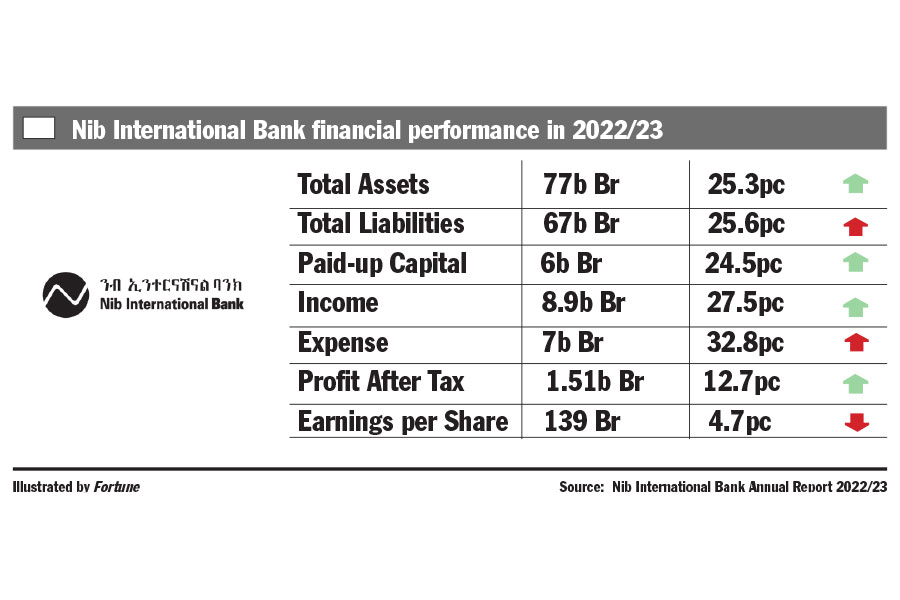
News Analysis | Feb 10,2024

Fineline | May 18,2019

Commentaries | Apr 02,2022

My Opinion | Aug 10,2024

Fineline | Aug 10,2019

Radar | Sep 10,2021
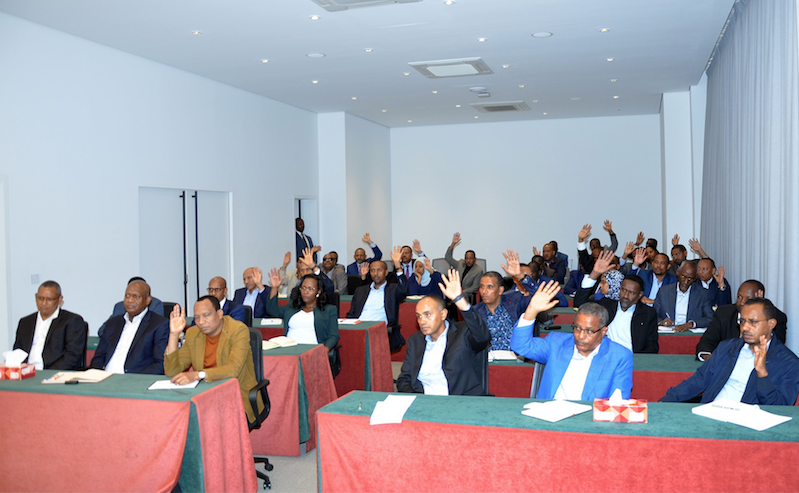
Fortune News | Nov 16,2019
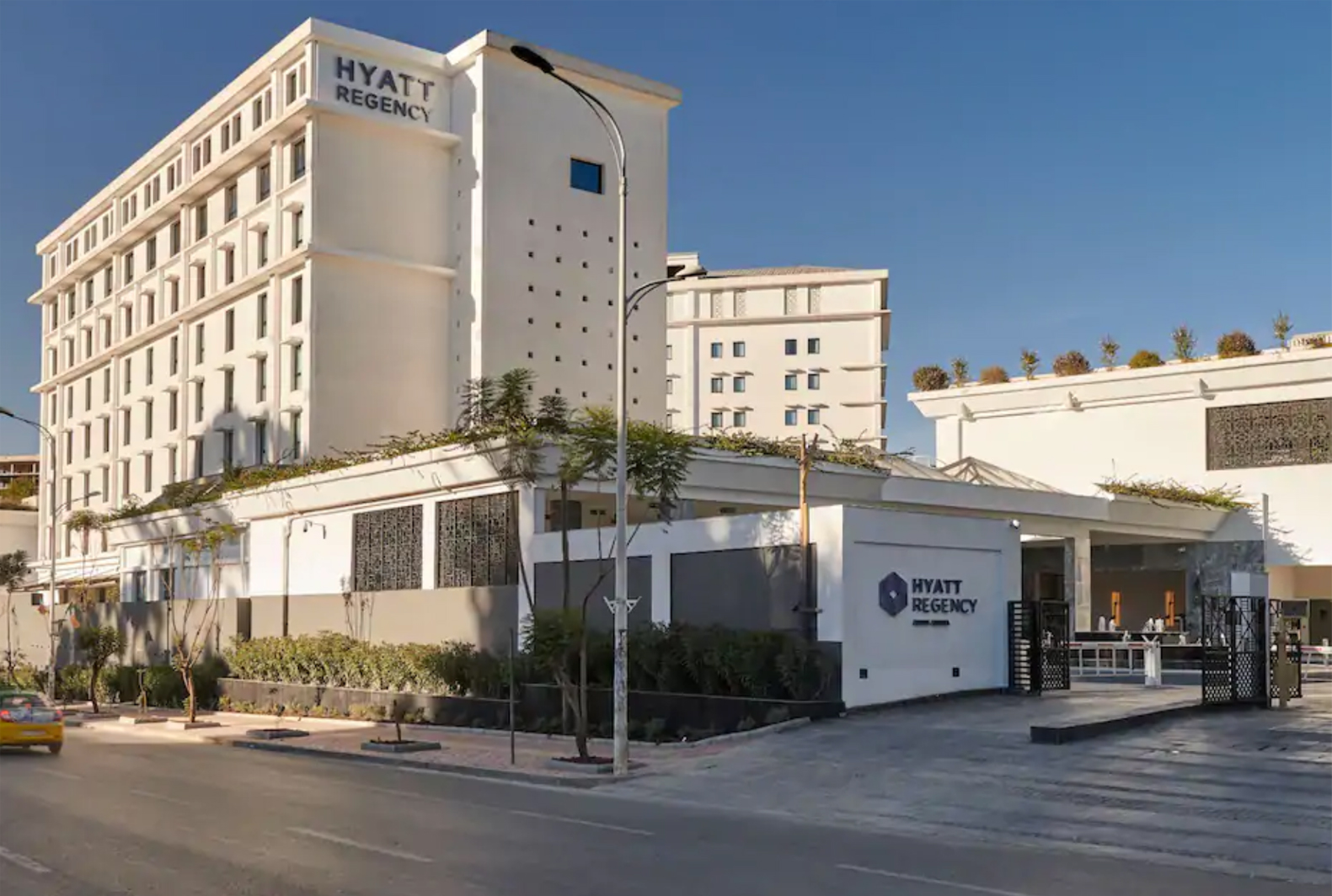
Covid-19 | Apr 07,2020
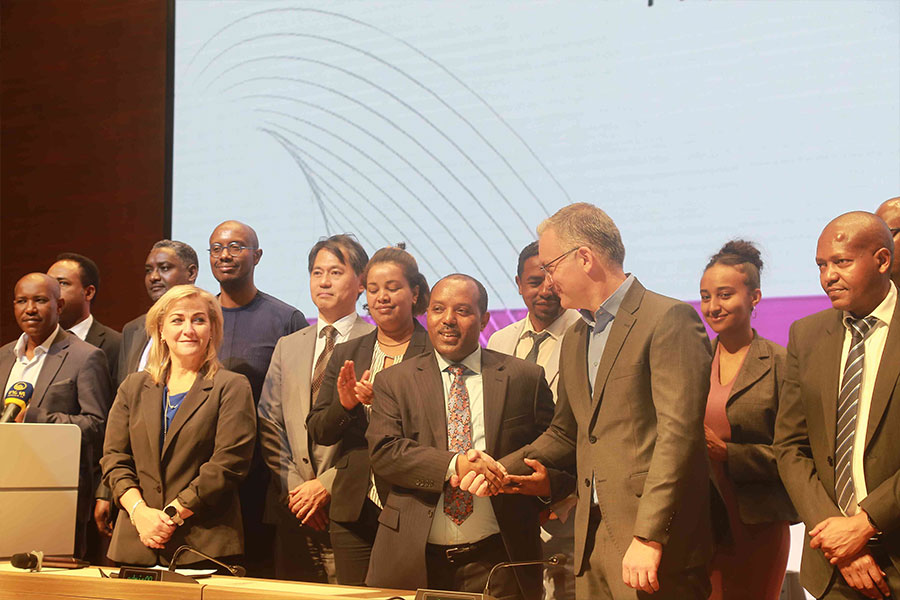
Radar | Mar 04,2023

Photo Gallery | 174680 Views | May 06,2019

Photo Gallery | 164903 Views | Apr 26,2019

Photo Gallery | 155127 Views | Oct 06,2021

My Opinion | 136708 Views | Aug 14,2021

Dec 22 , 2024 . By TIZITA SHEWAFERAW
Charged with transforming colossal state-owned enterprises into modern and competitiv...

Aug 18 , 2024 . By AKSAH ITALO
Although predictable Yonas Zerihun's job in the ride-hailing service is not immune to...

Jul 28 , 2024 . By TIZITA SHEWAFERAW
Unhabitual, perhaps too many, Samuel Gebreyohannes, 38, used to occasionally enjoy a couple of beers at breakfast. However, he recently swit...

Jul 13 , 2024 . By AKSAH ITALO
Investors who rely on tractors, trucks, and field vehicles for commuting, transporting commodities, and f...

Oct 12 , 2025
Tomato prices in Addis Abeba have surged to unprecedented levels, with retail stands charging between 85 Br and 140 Br a kilo, nearly triple...

Oct 12 , 2025 . By BEZAWIT HULUAGER
A sweeping change in the vehicle licensing system has tilted the scales in favour of electric vehicle (EV...

A simmering dispute between the legal profession and the federal government is nearing a breaking point,...

Oct 12 , 2025 . By NAHOM AYELE
A violent storm that ripped through the flower belt of Bishoftu (Debreziet), 45Km east of the capital, in...